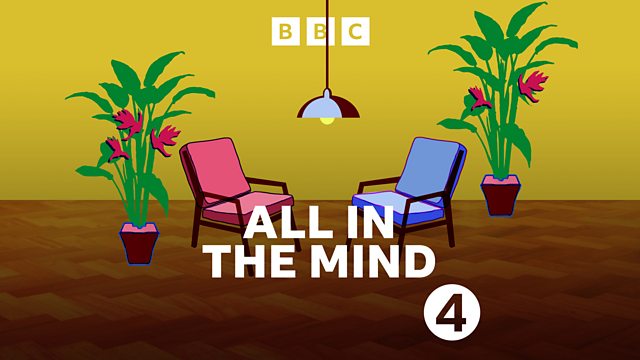Radicalisation; Bystander Effect; Recovery Letters
Claudia Hammond explores new research into radicalisation. She finds out why being depressed and socially isolated makes people more likely to sympathise with terrorist actions.
Claudia explores pioneering new research into radicalisation. She talks to Professor Kamaldeep Bhui who is doing research to try and prevent radicalisation in the early stages. His idea is, if we can understand what makes someone sympathetic to violence and terrorist actions then radicalisation can be stopped before it starts. He explains why vulnerability to radicalisation is linked to depression. Also in the programme, 50 years after a murder which spawned a whole new area of psychology. Did 38 people really watch the murder of Kitty Genovese and no one call the Police or help her? Claudia talks to author, Kevin Cook and psychologist, Rachel Manning about the misreporting of the case yet its continuing legacy for psychology in understanding why people do or don't help others. Claudia talks to James Withey, creator of the Recovery Letters, a website of letters from people who have been depressed to help those who are now.
Last on
More episodes
Chapters
-
The psychology of radicalisation
Vulnerability to radicalisation is linked to depression.
Duration: 08:01
The Bystander effect, 50 years on.
Why a group of witnesses to a crime are less likely to report it than someone on their own
Duration: 11:15
The Recovery Letters
Claudia talks to the creator of a website of letters from people who have been depressed.
Duration: 08:18
Broadcasts
- Tue 4 Nov 2014 21:00Βι¶ΉΤΌΕΔ Radio 4
- Wed 5 Nov 2014 15:30Βι¶ΉΤΌΕΔ Radio 4
Podcast
-
![]()
All in the Mind
The show with the latest evidence on psychology, mental health and neuroscience.




